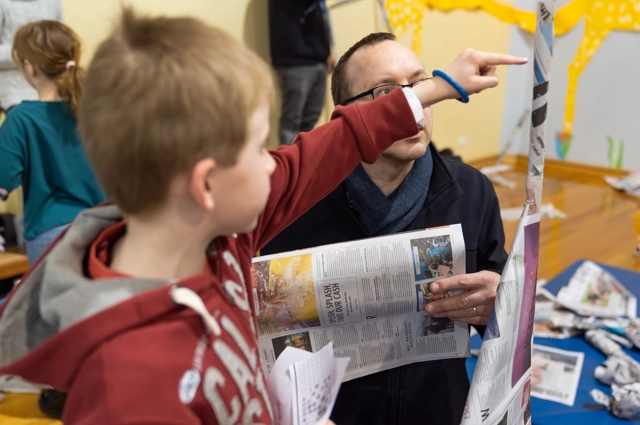Biology
Chemistry
Environmental Sciences
Physics
Find examples of STEM subjects and learning experiences, and find out what it’s like to study STEM.
In Australian schools, STEM is learned via an interdisciplinary approach, which looks at how science, technology, engineering and maths interconnect with one another in real life.

Science students learn about the biological, Earth and space, physical and chemical sciences; how to undertake scientific inquiries and communicate scientific understanding to a range of audiences; and how to solve problems and make informed decisions about current and future uses of science.
Learning experiences: you might be designing assistive technology to help an athlete, or investigating ways to improve recycling processes or examining the geology of Mars and comparing it to Earth.

Biology
Chemistry
Environmental Sciences
Physics
Technology students use computational thinking and information systems to define, design and implement digital solutions for authentic problems. Students have opportunities to consider the impact of technological solutions on equity including unconscious bias, ethics, and personal and social values, and create innovative and sustainable to solutions to problems.
Learning experiences: you could be training an AI to detect dying trees, designing your own game or examining techniques to transfer data across the globe.

Information and Communications Technology
Design Technology
Wood Technology
Engineering students learn how to apply their skills and knowledge from science, mathematics and technology to design and build solutions to real-world problems.
Learning experiences: you could be designing an electrical system, a biomedical device, or a pipeline to deliver water where it is needed most.

Chemical Engineering
Structural Engineering
Civil Engineering
Mathematics provides students with essential mathematical knowledge, skills, procedures and processes in number, algebra, measurement, space, statistics and probability. Mathematics is integral to quantifying, thinking critically and making sense of the world. It is central to building students’ pattern recognition, visualisation, spatial reasoning and logical thinking.
Learning experiences: you could be calculating the orbit times for optimal resupply of the International Space Station (ISS), designing space-saving packaging for a client, or analysing big data to predict weather patterns.

Numbers
Algebra
Trigonometry